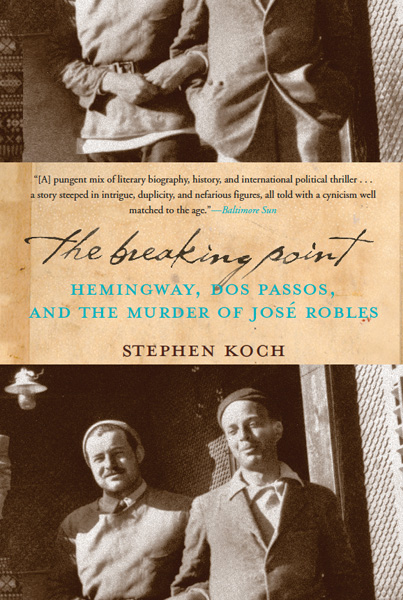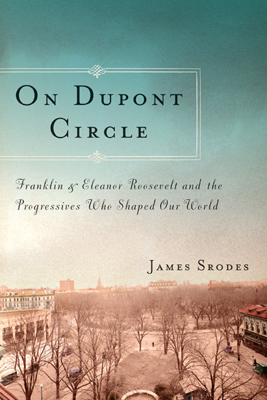
Book Description
This fascinating biography “asks Christians and non–believers alike to look anew at Judas”, revealing the Apostle’s cultural significance and impact on world history (Fox News).
Deconstructing the myths and hatred—often anti-Semitic in nature—surrounding the most vilified of Bible characters.
In this fascinating historical and cultural biography, Peter Standford brings to life Judas Iscariot, who famously betrayed Jesus with a kiss. Beginning with the gospel accounts, Stanford explores 2,000 of cultural and theological history to investigate how the very name Judas came to be synonymous with betrayal and, ultimately, human evil.
But as Stanford points out, there has long been a counter–current of thought that suggests that Judas might in fact have been victim of a terrible injustice: central to Jesus’ mission was his death and resurrection, and for there to have been a death, there had to be a betrayal. This thankless role fell to Judas. Should we in fact be grateful to him for his role in the divine drama of salvation? “You’ll have to decide,” as Bob Dylan sang in the 1960s, “whether Judas Iscariot had God on his side.”
An essential but doomed character in the Passion narrative—and thus the entire story of Christianity—Judas and the betrayal he symbolizes continue to play out in much larger cultural histories, speaking to our deepest fears about friendship, betrayal, and the problem of evil.
“A satisfying left–field approach to the entire history of Christianity.” —The Sunday Telegraph
Praise For This Book
“Stanford embraces Judas' ambiguity as his most irresistibly appealing characteristic.”—Booklist
“A straightforward biography that thankfully avoids preaching. Readers curious about Judas' broad effect on world history will welcome this book.”
—Kirkus
"Light–hearted in tone, anecdotal in style . . . How does the human imagination depict evil, despair and repentance? He takes us through some of the darkest moments of human history, including the Holocaust, revealing our chronic addiction to creating scapegoats to carry the weight of our own failure and betrayal . . . From a very early point in Christian history, Christians celebrated the ‘happy fault’ of Adam, because it led to redemption. Stanford asks us to consider if this should also be said of Judas.”
—Karen Armstrong, author of The Case for God
“Peter Stanford’s engrossing book shows that Judas is a man for all seasons, nearly all of them bad for him and those around him. Judas is a chameleon, though a chameleon in consistently dark colours, endlessly fertile as a symbolic figure, because he helps us to reflect on our own dark side . . . [Standord’s] book manages to be fun as well as sometimes profound, and it is as much an enjoyable tour of Christian art and thought as an account of a 2,000–year–old traitor.”
—Diarmaid MacCulloch, The Times
“The biggest question has always been whether Judas was an ‘out–and–out traitor or cog–in–the–wheel of a divine plan’, as Stanford puts it. With Judas, as with other religious figures, you can and must believe just what you choose.”
—Christopher Hart, The Sunday Times
“This is scary and thought–provoking stuff.”
—James Runcie, The Independent
“Wide–ranging and engaging . . . Stanford, a much–respected commentator on Catholic affairs, has unearthed some fascinating material and left his readers with more than enough material to prompt some echo of the question ‘Is it I?’”
—Rowan Williams, New Statesman
“Stanford's book is ultimately a cultural history of the forces which subsumed Judas, leading unstoppably to the version of him—so close to ‘Jew’ or ‘Yehuda’—that lent weight to the idea that the Jews were the murderers of Christ . . . this book provides, among many insights, a timely account of the origins of anti–Semitism.”
—Justin Cartwright, The Spectator
“The tortuous journey of the arch–traitor through cultural history is something of a revelation” . . . a clever and nimble book . . . engaging without being decisive on Judas and his fate (no matter, the Church has the same problem).”
—Scotland on Sunday
“Stanford is particularly good at explaining how interpretations evolved during Christianity's early years as the new religion sought to differentiate itself from other sects. Stanford avoids trying to write an all–encompassing study of treachery . . . All in all, his quest for Judas provides a satisfying left–field approach to the entire history of Christianity.”
—Andrew Lycett, The Sunday Telegraph
“But a new book from Peter Stanford asks Christians and non–believers alike to look anew at Judas. It chronicles the hatreds, often anti–Semitic in nature, that were cultivated around Judas and contrasts the subsequent mythology with the historical and Biblical record.”
—Fox News
“Fascinating from start to finish . . . a richly detailed portrait [that] neatly debunks the idea of Judas Iscariot as the most evil man who ever lived.”
—Alexander Larman, The Observer
“In this highly readable biography, Stanford traces the progress of Judas through Western literature and art and personally visits the most significant sites associated with him. What we end up with is an entertaining travelogue to accompany a comprehensive history.”
—Nigel Nelson in Tribune
“God needed Judas to betray Jesus in order to carry out his divine plan. The author unravels this knotty theological problem with aplomb, bringing Judas into the secular age.”
—Michael Conaghan, “7 Books You Should Own” in the Belfast Telegraph

















